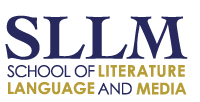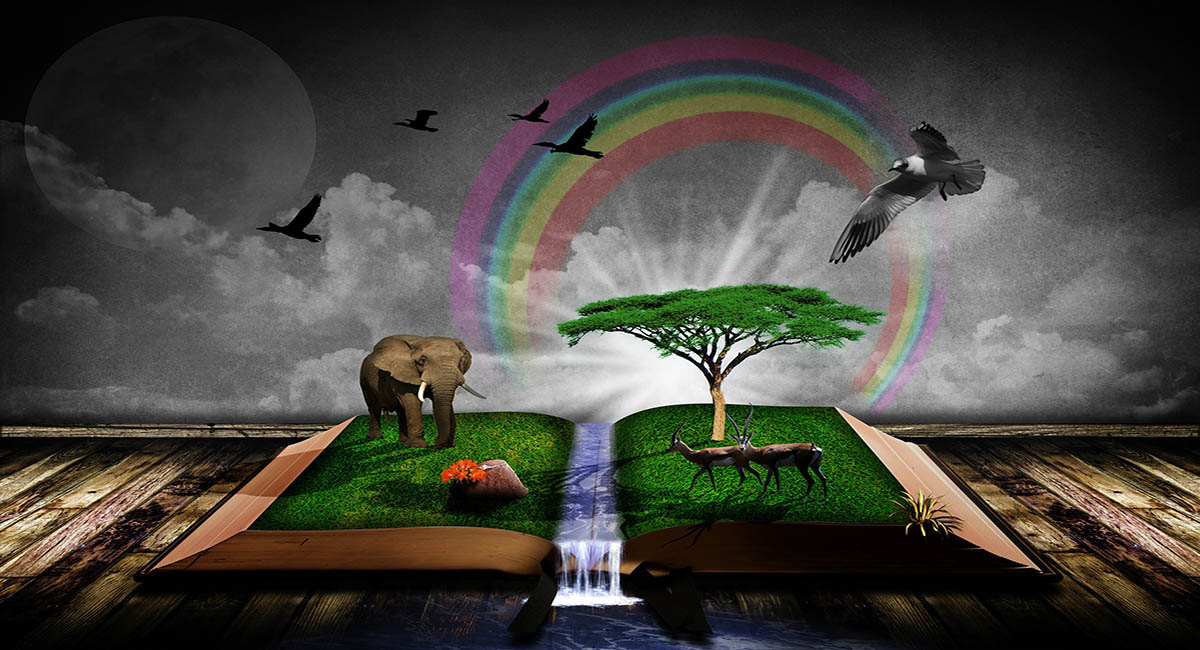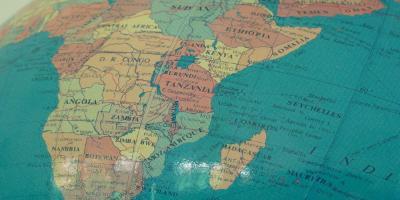Literatures of the Black Diaspora
This module aims to introduce students to a representative range of literary texts from the African diaspora. The module will cover texts from the African American and the English-speaking Caribbean. The module begins with theoretical discussion of the nature of diasporic communities and identities; strategies of language appropriation and abrogation; and the politics of pan-Africanism. A range of genres will are taught - autobiography, novels, poetry, short stories, music and video material. Themes investigated include explorations and uses of the past; the search for "wholeness"; the ambiguities of dependence; cultural nationalism; gender and class.
Contemporary Trends in African Literature
The popular image of African Literature both without and sometimes even within the academy is largely based on the literature that emerged during and shortly after the decolonising years. This movement included figures like Mahfouz, Soyinka, Achebe, Armah, Ngugi, Beti, Oyono, and Laye and it is often from these writers that a canon has been formulated which in some instances may take in a few 'second wave' writers - like Farah, Head and Aidoo. However, over the last decade there has been the emergence of a distinct 'third generation' of writers including figures like Okri, Dangarembga, Vassanji, Gurnah, Hove, Laing, Bandele-Thomas, Chipasula, Couto and so on.
In theme, style and concern, this cohort of writers is distinct from the 'classical' writers of the canon and tends to take up issues that have emerged in other 'postcolonial' literatures. This shift in literary emphasis has been accompanied by a shift in critical focus and much African literary theory is now dominated by various forms of 'postcolonial' theory. The object of the course is to introduce students to a cross-section of contemporary writers whilst simultaneously looking critically at shifts in literary theory.
East African Literature
This course seeks to examine discourses relating to decolonisation in the colonial and the post-colonial state in East Africa. Drawing on theories on decolonisation which attempt to understand the coloniser/colonised relationship and the effects of colonial structures and the post-colonial state, the course seeks to explore how the literatures of the sub-continent engage with ways in which power is deployed, contested and appropriated. It examines discourses relating to committed literature and alienation in the post-colonial state. Indeed, the apparent diverse political experiences of East African states ranging from Nyerere's ''Arusha Declaration'', Kenyatta's commitment to capitalism, to Amin's reign of terror are examined as mediating factors in the post-colonial literatures of East Africa.










